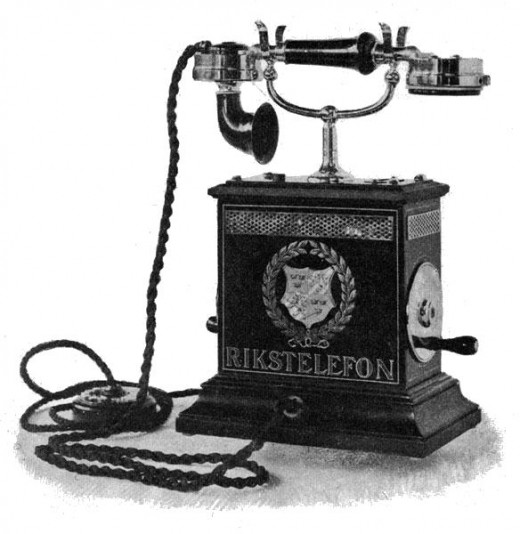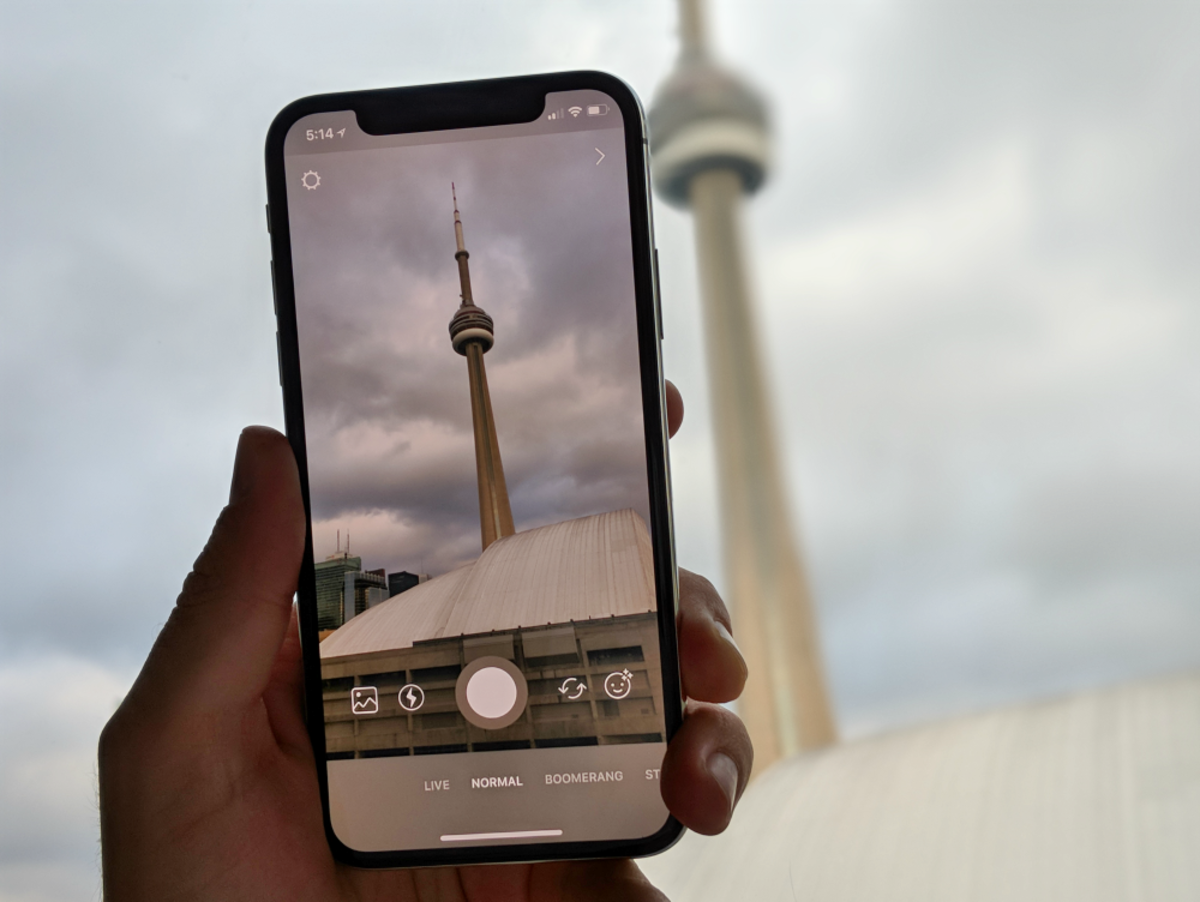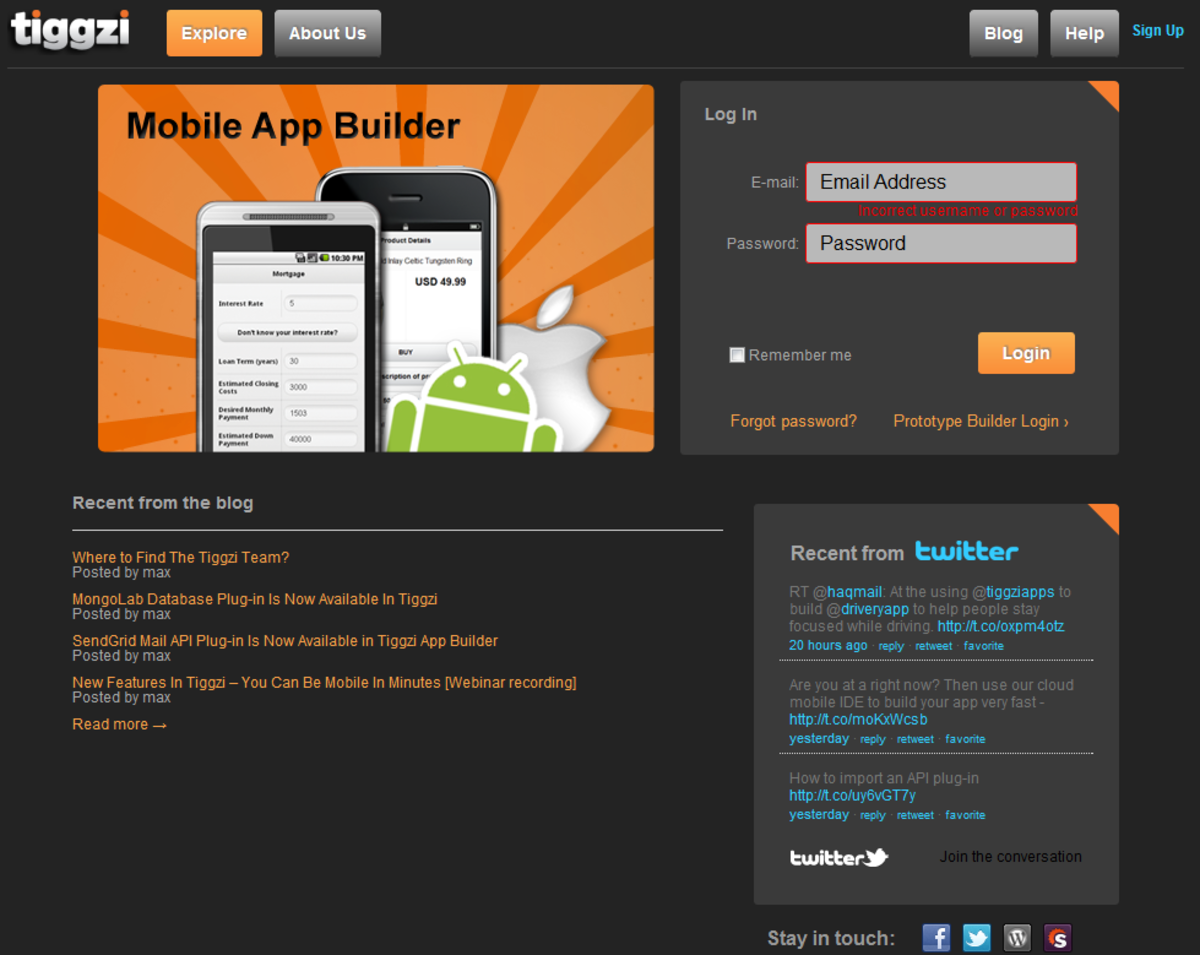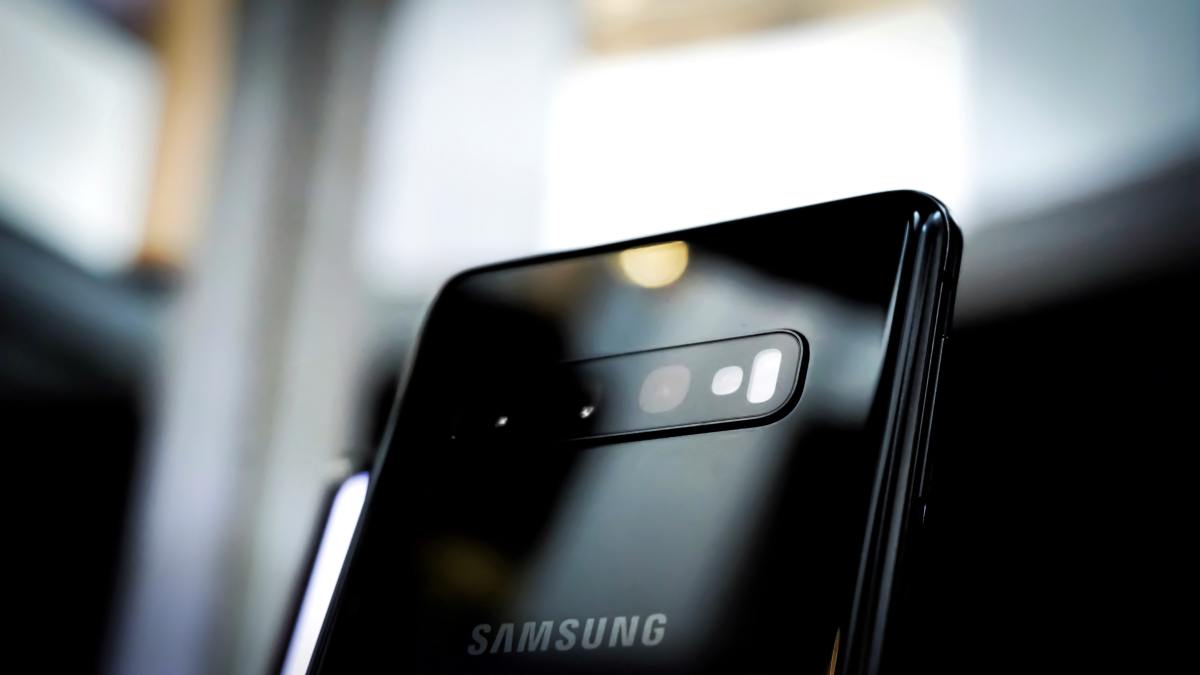Smartphone Users- 8 Mistakes People Make When Purchasing a Smartphone


Smartphones are quickly becoming as vital to the day in and day out of society as the computer. Nearly everyone has one if you are twelve years old and up (that's another topic for another day). When buying a plan or phone, avoid these common mistakes of many users.
8. This smartphone cover is so cute!!
Yes it may be, but the question is: How well does it protect your phone? If you are a woman, is your phone going to go at the bottom of your purse where it may get scratched up and scraped? If you are a guy, do you have plans for a clip or will it be going in and out of a pocket? Take into consideration how much you use your phone, what type of work environment you have, and frankly- how clumsy you are. These factors should play into what type of case to purchase. There are generally three different varieties:
- Cases that cover the entire phone and have a protective plastic over the screen. These are the safest cases on the market, and Otterbox is an excellent option.
- Cases that cover the entire sides and back of the phone (including vulnerable areas like the charging insert and headphones slot). These cases don’t cover the screen so you should purchase the thin slip that sticks on the front screen to protect it from scratches.
- Cases that cover the side and back, not covering any holes or screen. These provide minimal protection. Oftentimes, these cases are “cute” or trendy, but won’t protect your expensive device where it needs to.

7. Let’s get a family plan to save money!
It is true that family plans save money, IF you and all your family members understand the ins and outs of the coverage plan. Keep in mind that if someone in your family isn’t so responsible with money or tracking minutes, if you are the primary holder, you might be in for some serious overages. Here are important questions to ask the cellphone company:
- Do we have free unlimited calls and texts between family members?
- Do we have free unlimited calls and texts between anyone in the same network?
- Do extra minutes get rolled over?
- What line gets charged if the whole family goes above the allotted minutes?
- Does each phone have it’s own data limit?
- What happens if one person decides to leave the family plan? Can they keep their number? What happens to the people on the existing plan? Does the price go up?
Sit down with the family and explain all the details of the plan. Make sure each and every family member knows how to log on to the account so they can check periodically to make sure that they aren’t going over their allotment.
6. Since we’re on the family plan, let’s just switch around upgrades.
This sort of thing happens a lot. A family member loses or breaks a phone and isn’t due for an upgrade for at least a year. Dad for example has an upgrade available. He gives his son his upgrade and then problem is solved right? Well yes, until Dad’s old cell-o-saurus breaks. Now he’s stuck waiting a year because he swapped upgrades. There is a reason that upgrades are given every two years. That is usually the lifespan of a phone unless you are very careful and use it sparingly.

5. "Let’s just go to AT&T and pick one out."
The truth is, you need to do some prior research. There are various ways to actually buy a phone. If you go to someplace like BestBuy, you get to choose a cell phone and a company to go with. You are not stuck with any one provider. If you head to a local Verizon or AT&T store, they will have limited models available. The price for the phone is always listed with the stipulation “with two year sign-up contract included”. The actual price of a phone without a plan is significantly higher. Other sellers may offer the phone at a reduced rate without the necessary contract. Make sure you research your particular area and what provider offers the best coverage. In the past, people went with AT&T because they were the only providers that offered the iPhone, but now most major companies offer all the popular phones.
4. We need the insurance of course!
Well maybe not. There are two types of insurance usually available. There is a per month cost that will cover the replacement of a lost, stolen, or damaged phone. Usually this type of insurance can be anywhere from $3.00-$10.00 a month more on your plan. Over the two years, it will cost you a couple hundred dollars. The other option is a less expensive insurance that will cover the cost of any manufacturer defects or issues that your phone may have. If you are the kind of person who is careful, the lesser insurance is probably the best plan. If you have a teenager who doesn't think twice about diving in the water fully clothed, well then, go ahead and splurge.
Tracking Data
- 7 Apps for Mastering Your Mobile Data Usage | Gadget Lab | Wired.com
These seven downloads will help manage your data usage, track and compare data speeds, and help you get more out of the limited data you have.

Be Realistic
3. Oh I don't need so many minutes...
Most people don’t want to admit they talk on the phone as much as they do. While some of us could try to squeeze by at a lower limit through careful tracking of minutes used, many people simply underestimate with the logic, “well I’ll track my minutes and if I go over, I’ll pay the fees. It’s better than having a plan that is higher per month.” While true in concept, most of us would do better to get a plan that will be reasonable to follow. The overages are so steep, that you end up paying more on the monthly phone bill than if you’d just gone one plan higher! One month, our family accrued over $50.00 in overage fees when the plan would have cost us $20.00 a month. A couple months of making that mistake and you’ve not saved any money at all.
2. Really? I don’t need that much data. I’ll just get the lowest and only check email once in awhile.
If you commonly use your cellphone at home or in a place where wi-fi is available, you won’t be using a lot of data and can afford to pick the lowest priced plan. However, a lot of things on the phone use data; not just email and Facebook. Any game that connects to the Internet at all (Words with friends for example), any type of app like banking, GPS, weather, shopping, etc. all use data. There are websites that can help you calculate how much an action like checking Facebook, paying a bill online, or watching a video costs you in megabytes. And whenever you can, use your phone in a wi-fi zone.
1. I’ll save money by limiting texting. That is for teenagers.
While texting is primarily a younger generation “thing”, texting is quickly becoming more commonplace for other uses. Besides communicating with friends and family members, texting is used for:
- Airplane boarding passes
- Car rental pick up texts
- Coupons for stores
- Codes to retrieve lost passwords
- Checking in on Twitter
- Voting for your favorite singer on TV
The major problem with limiting texts is that while you may not text people frequently, it is very difficult to control other people who text you! You will get charged per text even for those incoming. If you want to save money on your cell phone bill, find other ways besides skimping on the text portion of the plan.
Do a little research, know what your real needs are in terms of minutes and texts, and try not to get sucked into the bling jewels case.
-Julie DeNeen





